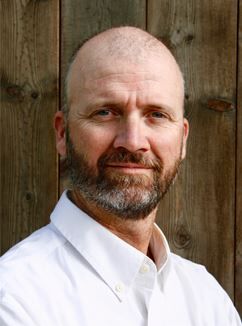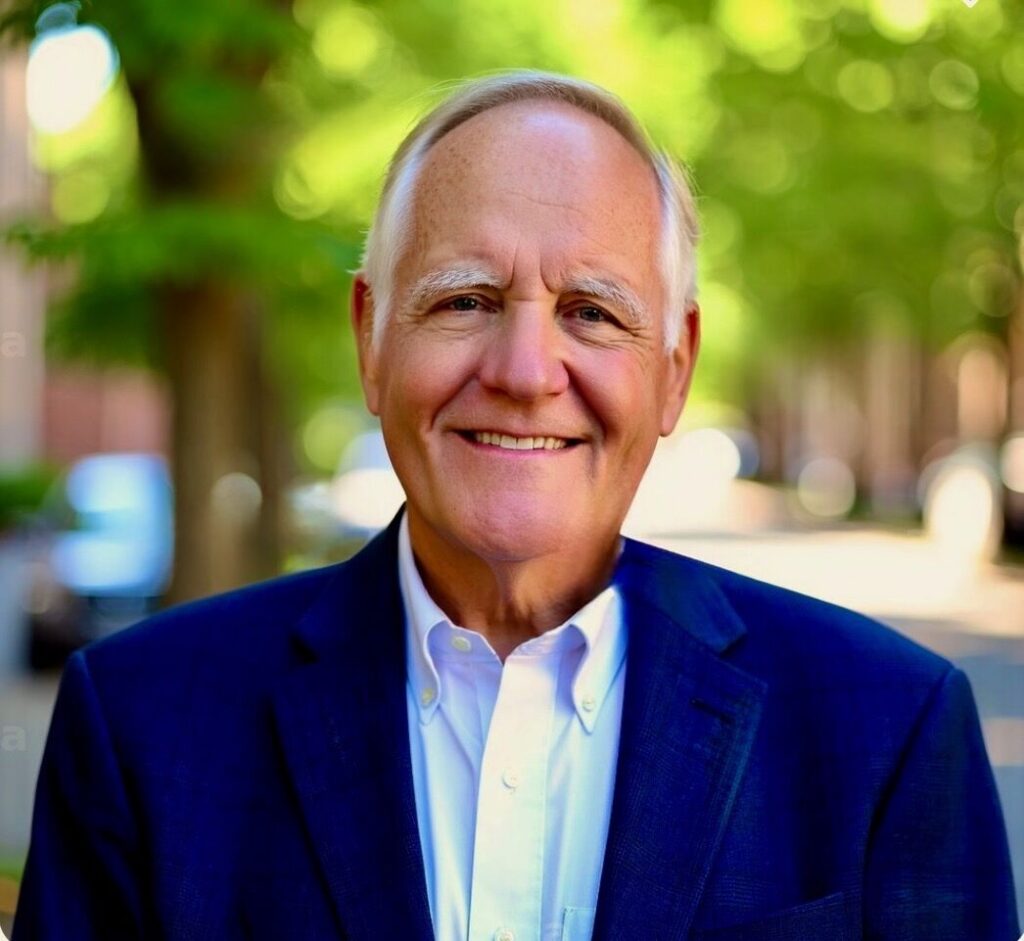Autonomous, ailing individuals deserve freedom to choose death terms | POINT


As a society, we pride ourselves on championing individual autonomy, upholding human dignity and advocating for compassion in times of suffering. Yet, when it comes to end-of-life decisions, we often fall short of those ideals. The debate surrounding medical aid in dying (MAID) remains deeply divisive, with staunch opposition generally rooted in moral, religious and ethical concerns.
At the heart of this debate lies the fundamental principle of autonomy which is the right of an individual to make decisions about their own bodies, health care and lives. Though MAID is uncomfortable and goes against societal norms, it’s important to recognize when someone is facing a terminal illness and unbearable suffering a person should not be stripped of this fundamental human right. They should have the freedom to choose how they want to face their impending death and should have the right to choose their treatment whether it be through aggressive medical interventions aimed at prolonging their life or through a more peaceful option.
Stay up to speed: Sign up for daily opinion in your inbox Monday-Friday
MAID offers a compassionate option to alleviate suffering and have a peaceful and dignified death which is determined on an individual’s own terms. This allows for a person to decide when and how they end their life as well as the ability to accomplish whatever actions that individual deems important in their final days. Though some argue it undermines the sanctity of life and opens the door to abuse and coercion, numerous studies, and empirical evidence from areas where MAID is legal, have shown strict safeguards and protocols can effectively mitigate these concerns. Legalization and regulation allow for greater transparency, oversight and accountability around the use of MAID and help to ensure end-of-life decisions are made voluntarily.
Assisted suicide should give us pause | COUNTERPOINT
Though MAID is legal in 11 states and the conversations around expansion to other states is relatively new, the need is still there. Simply denying MAID does not eliminate the practice but merely creates more unsafe alternatives that are not regulated. Providing safe, comfortable and compassionate end-of-life care to those who are terminally ill should be prioritized as a society. We can also ensure all individuals can face death on their own terms, surrounded by loved ones, and free from unnecessary pain and suffering.
While facing our own mortality or for those in which we love, I think we can all agree the final transition is as dignified and painless as possible, and MAID offers that option. For those who disagree, know this: It is OK if you do not agree with MAID for any reason. You don’t need to utilize it. But for those who do, it should absolutely be a choice they can utilize and not offered because of others beliefs.
Lisa LaBriola is a principal at Husch Blackwell Strategies and was a Senate Democrat staffer for close to a decade. She served as chief of staff to former Senate Minority Leader Lucia Guzman and former Senate President Leroy Garcia. Opinions expressed here are her own and do not reflect the opinions of any other organizations.











